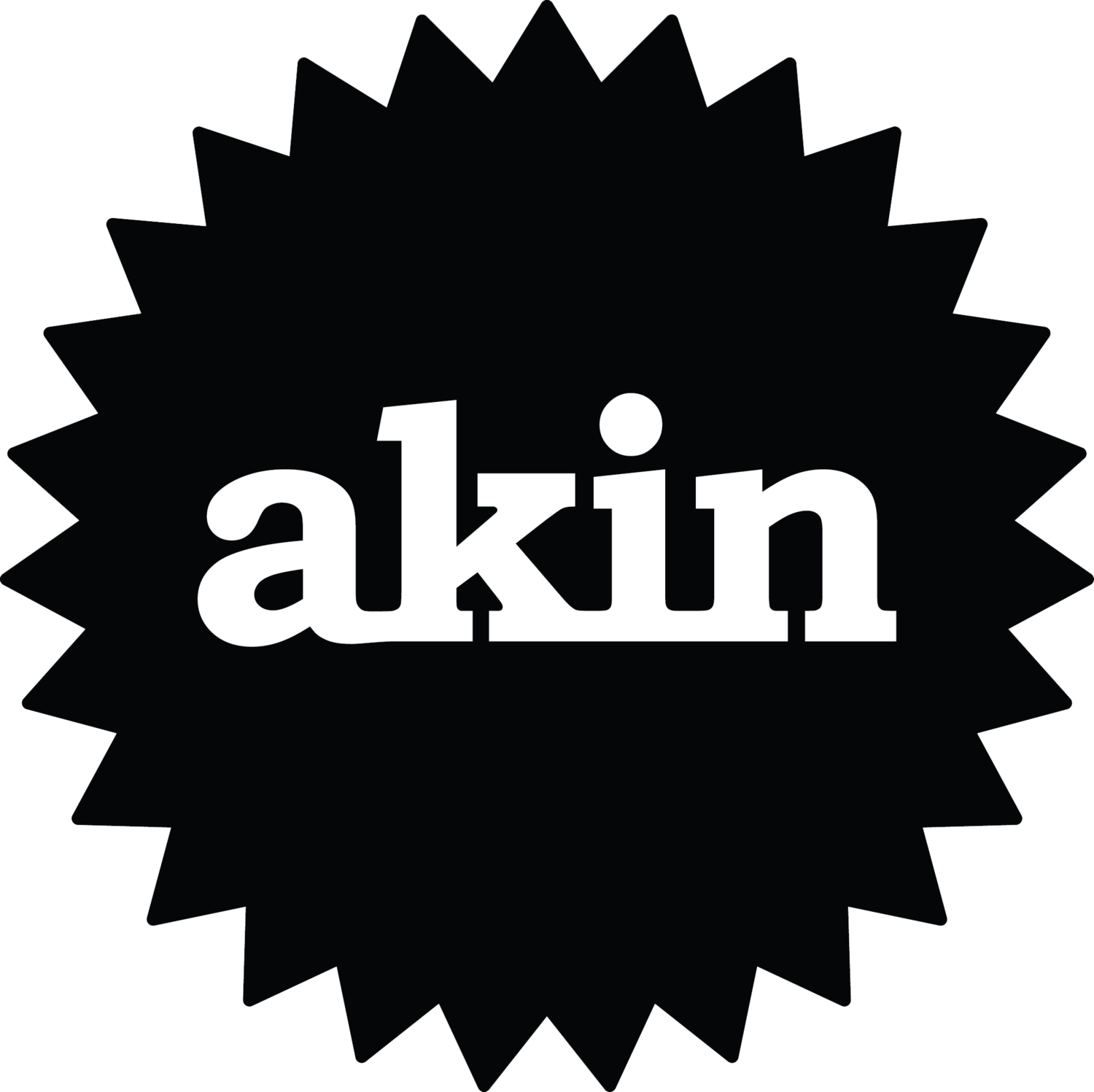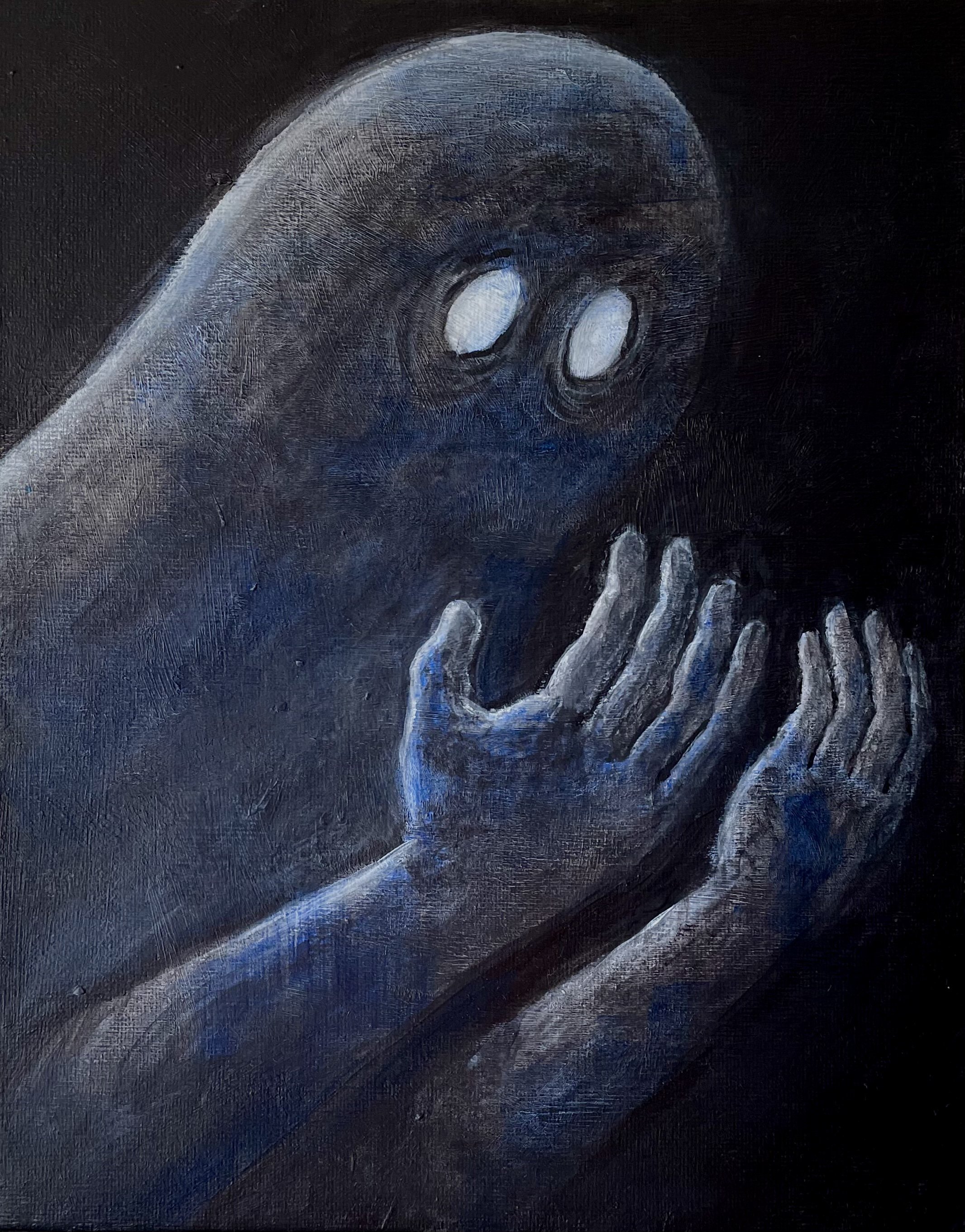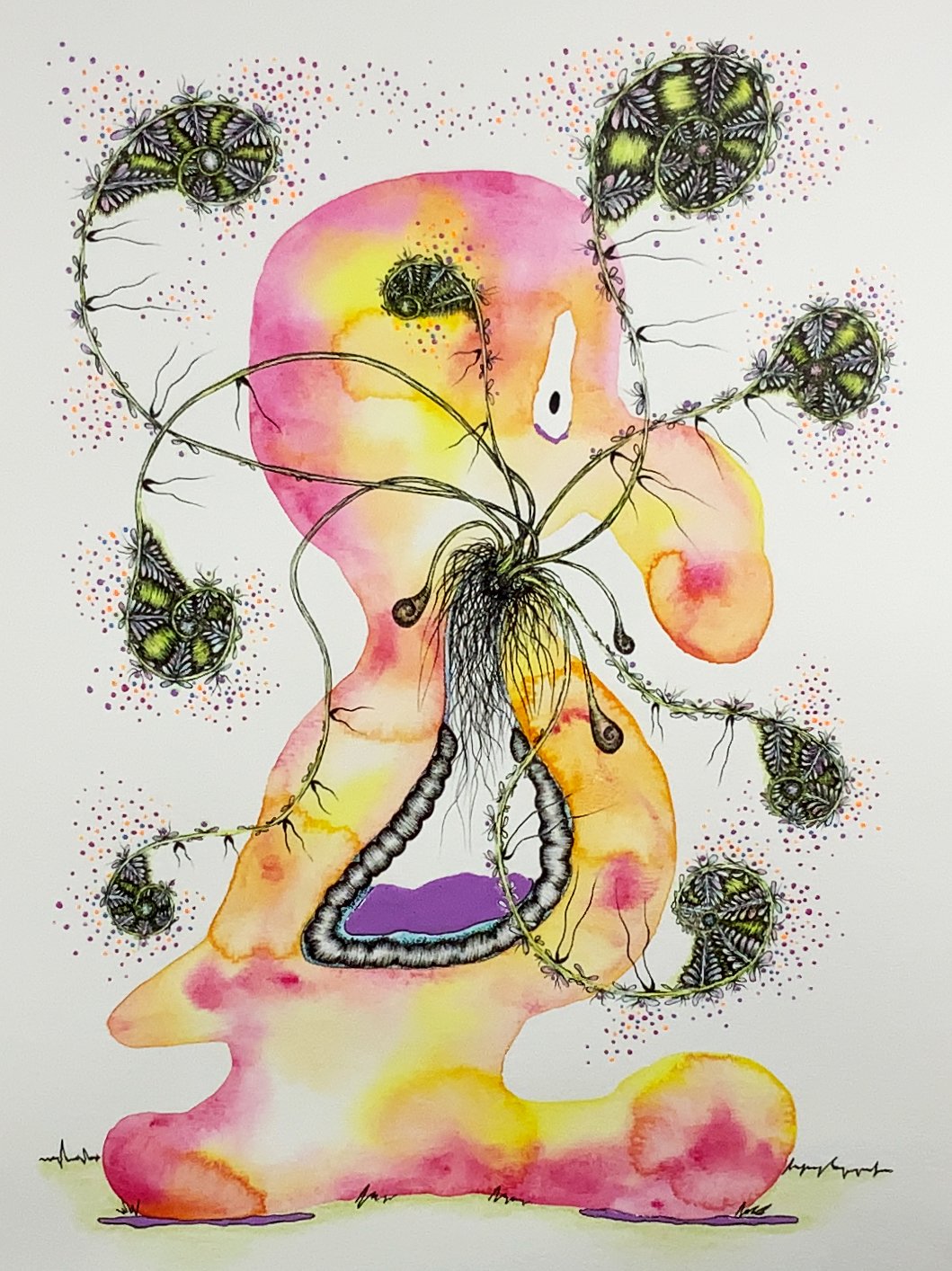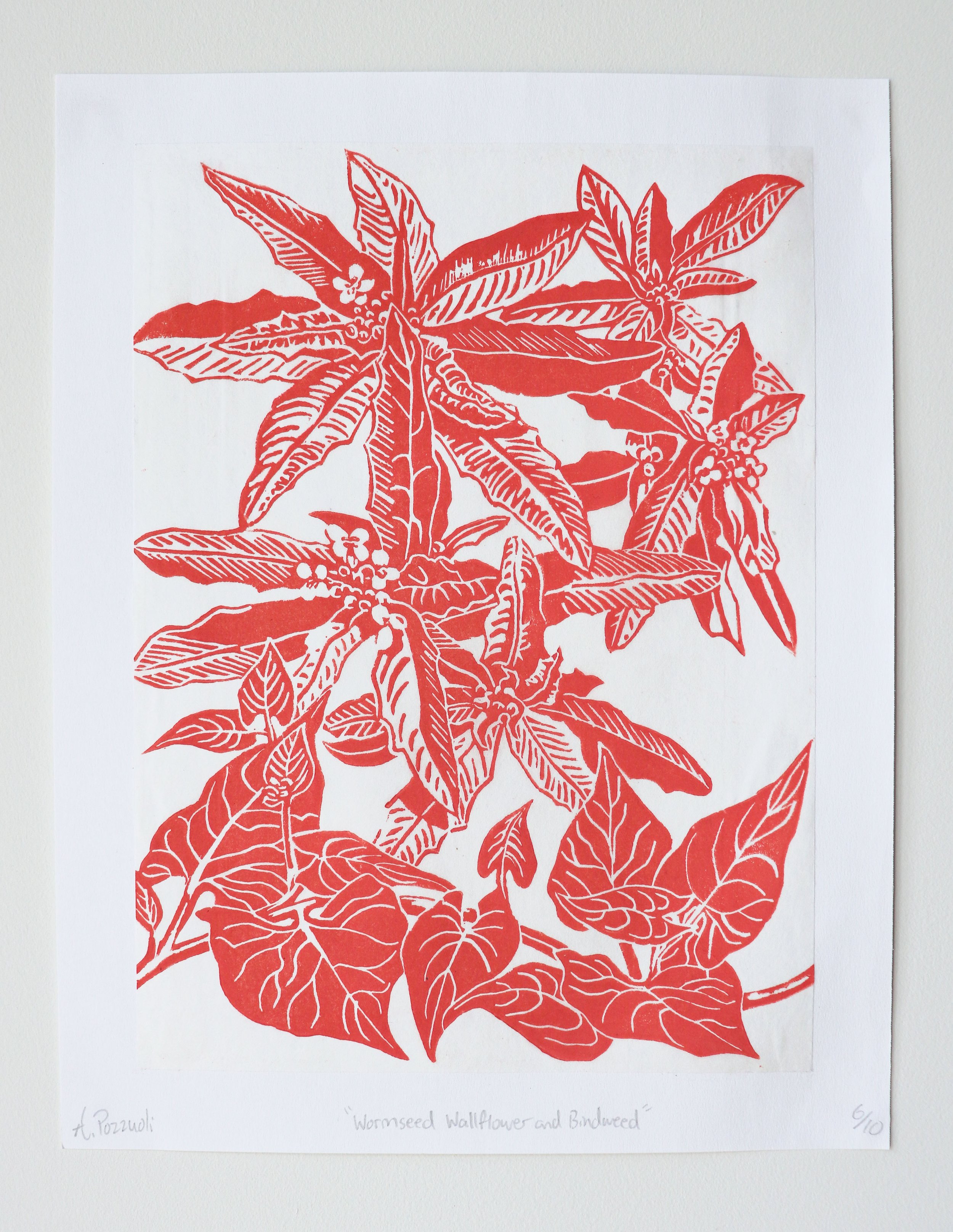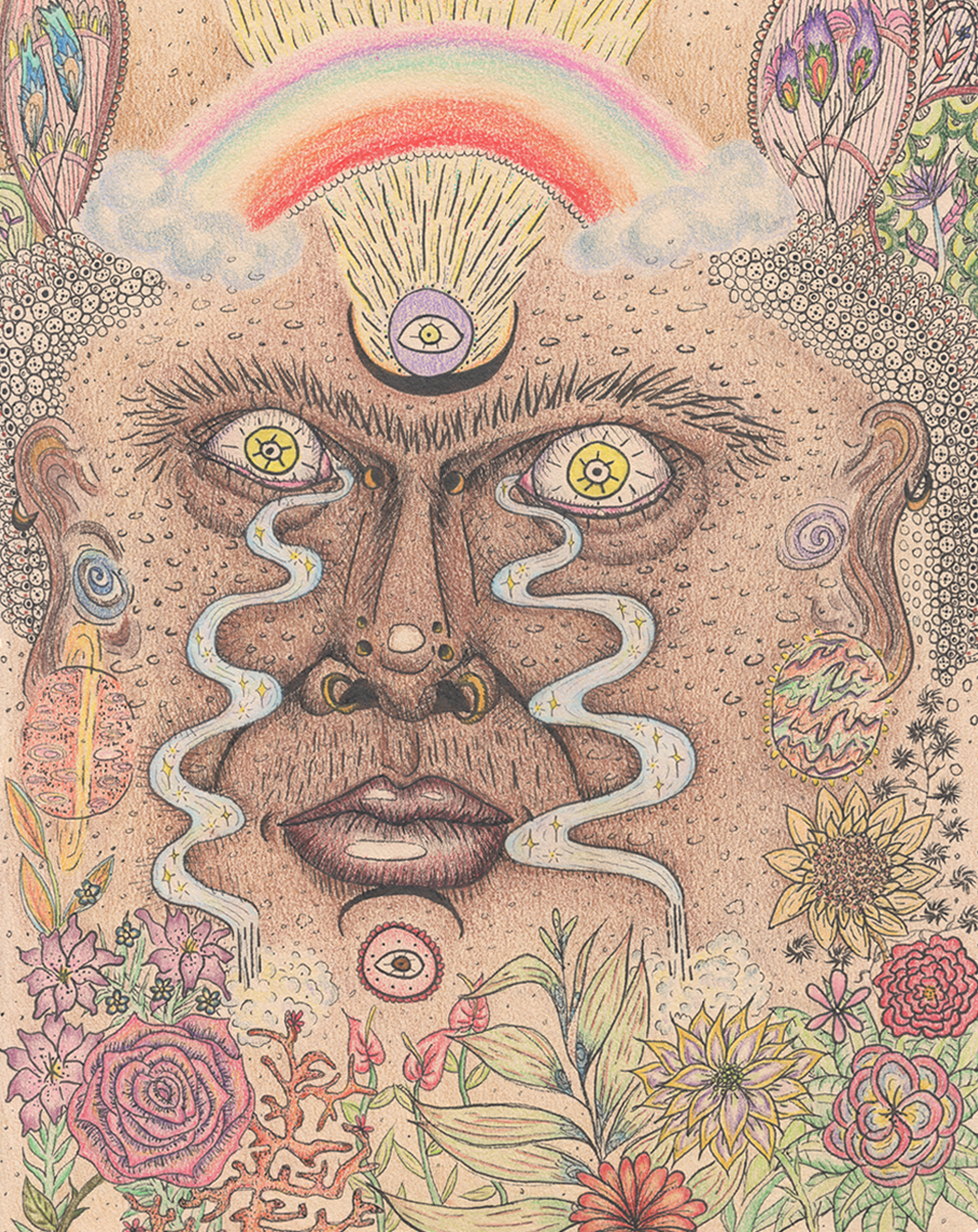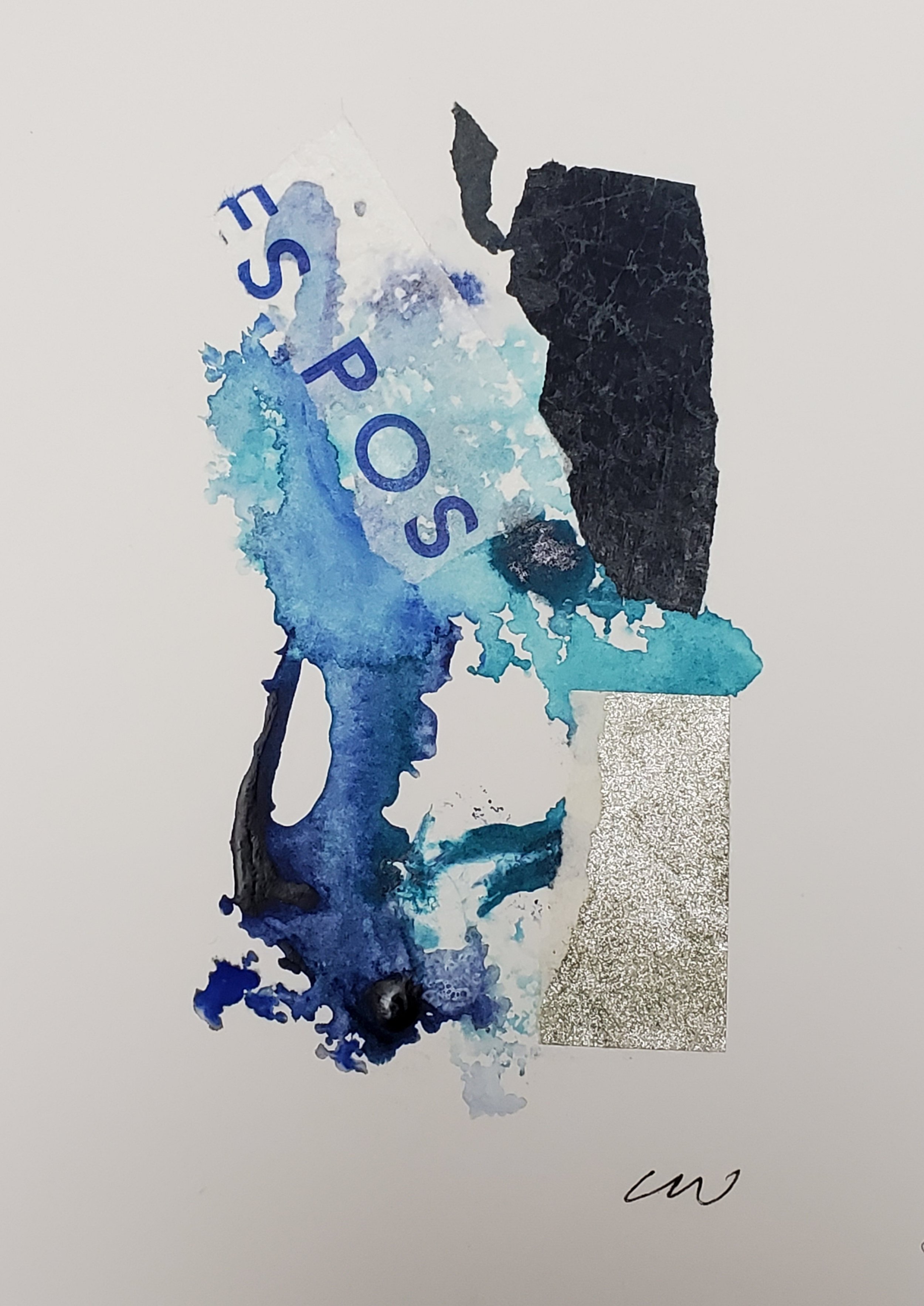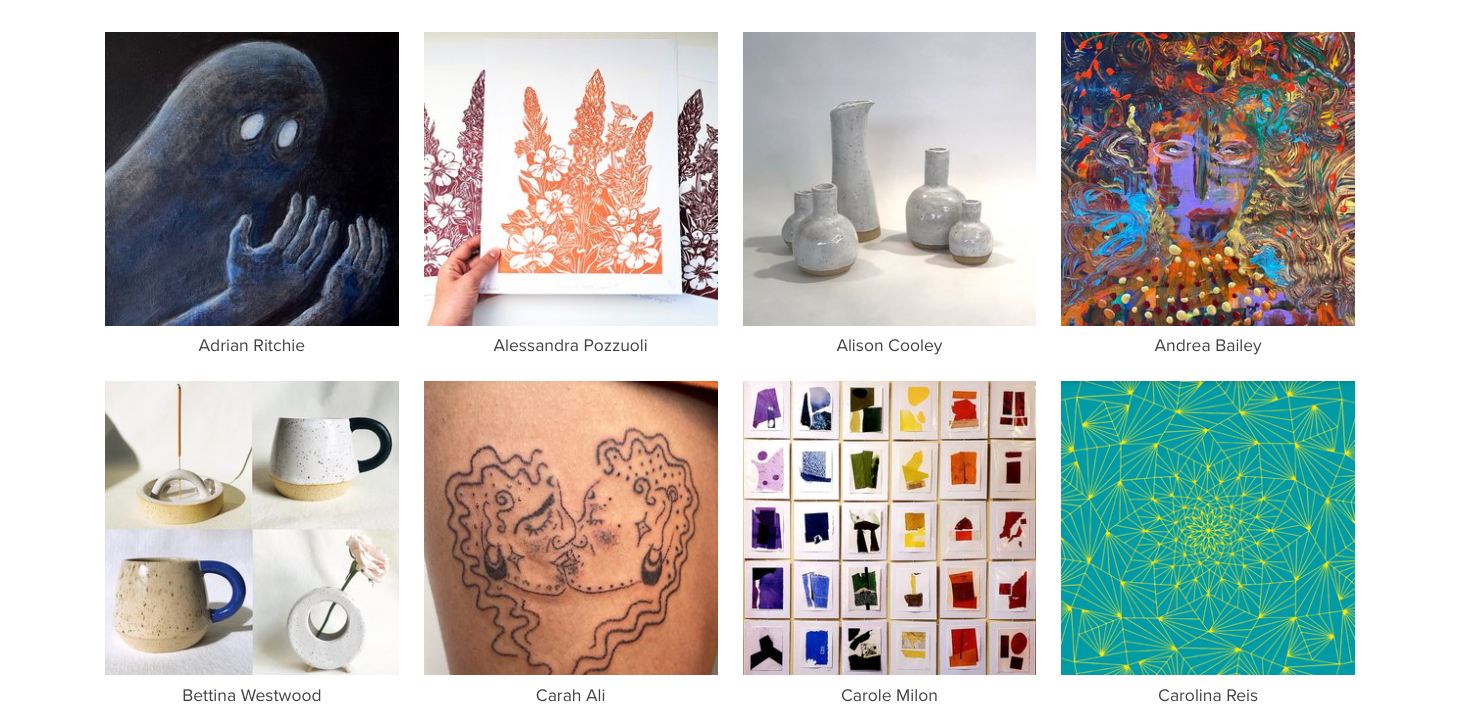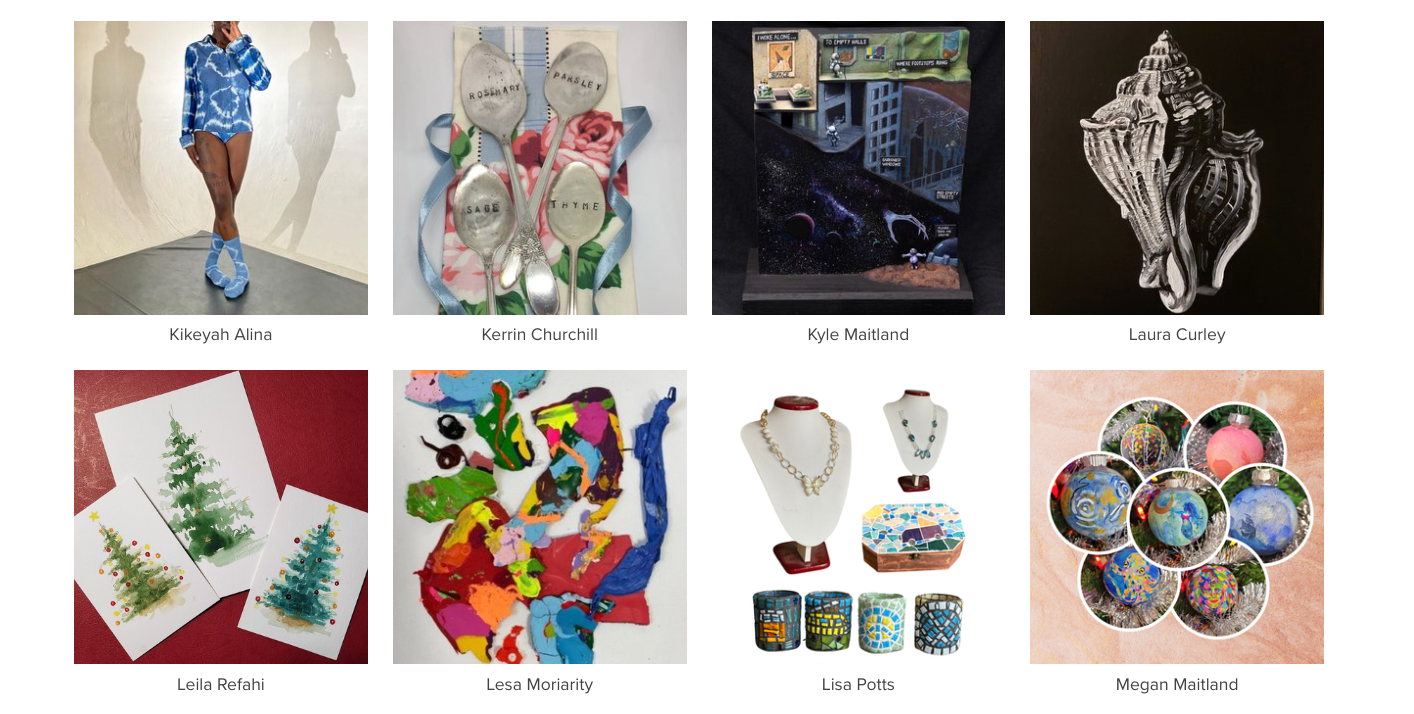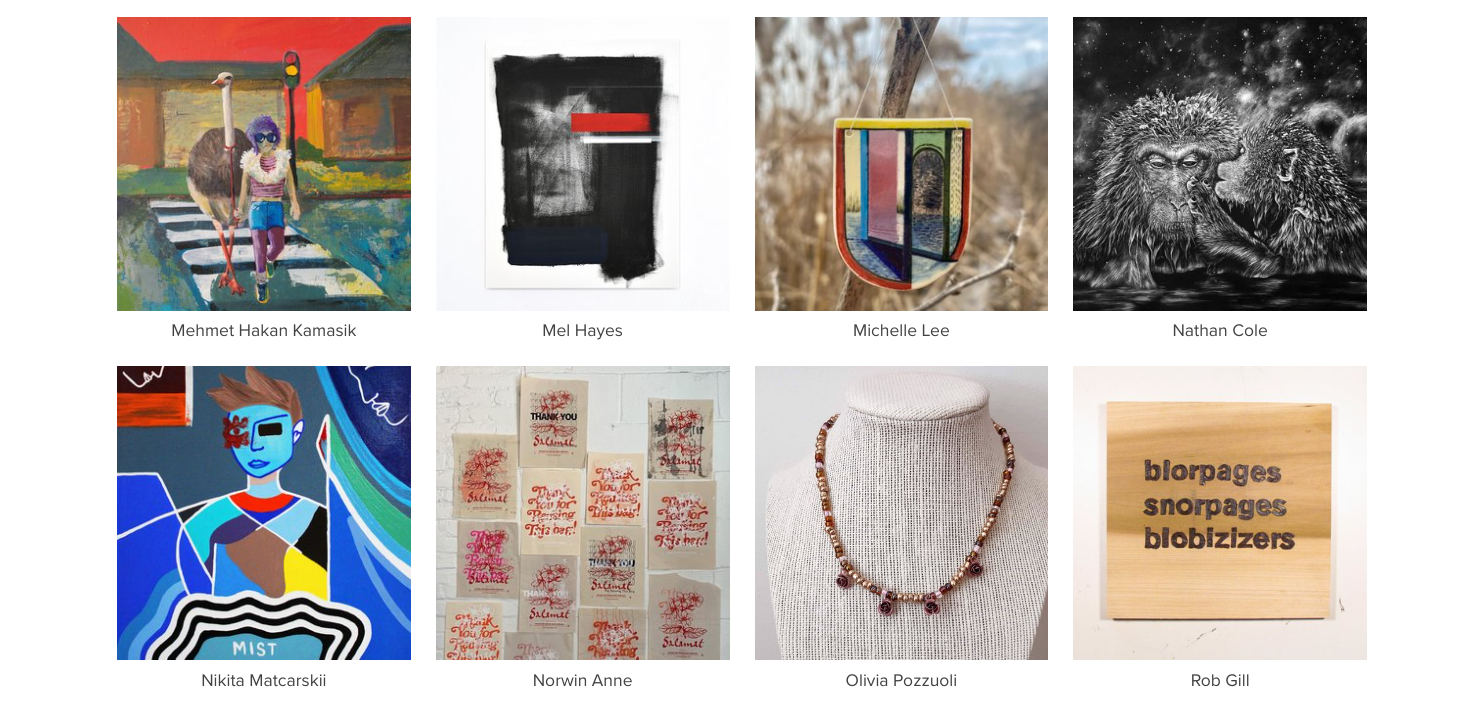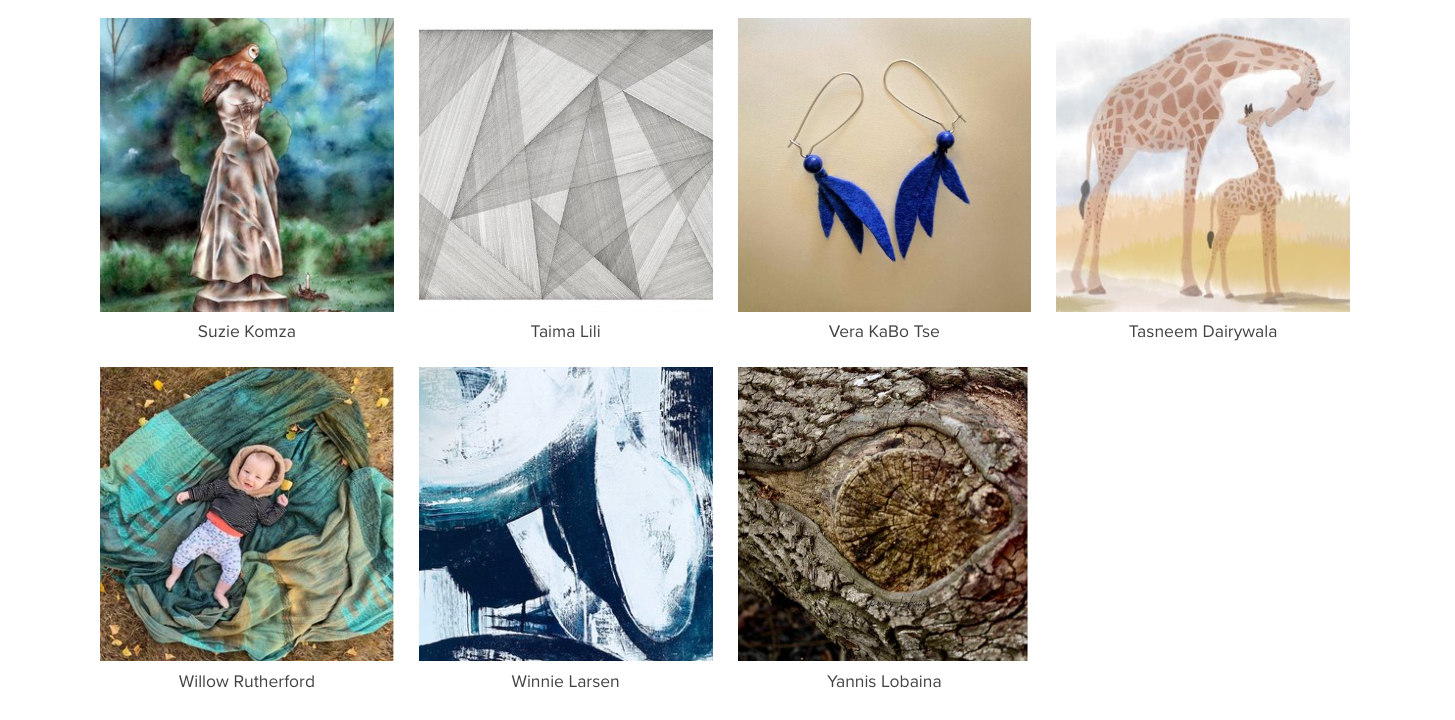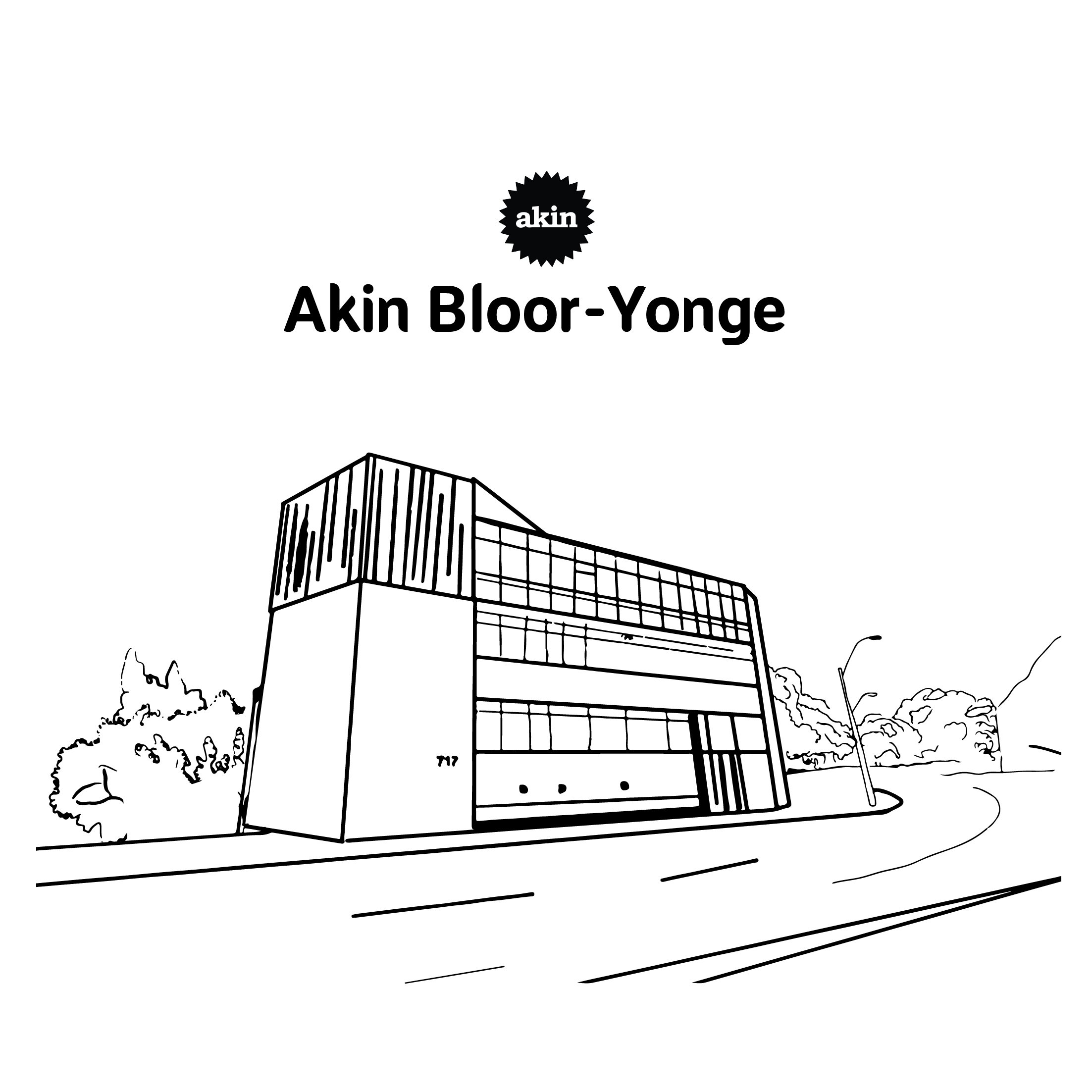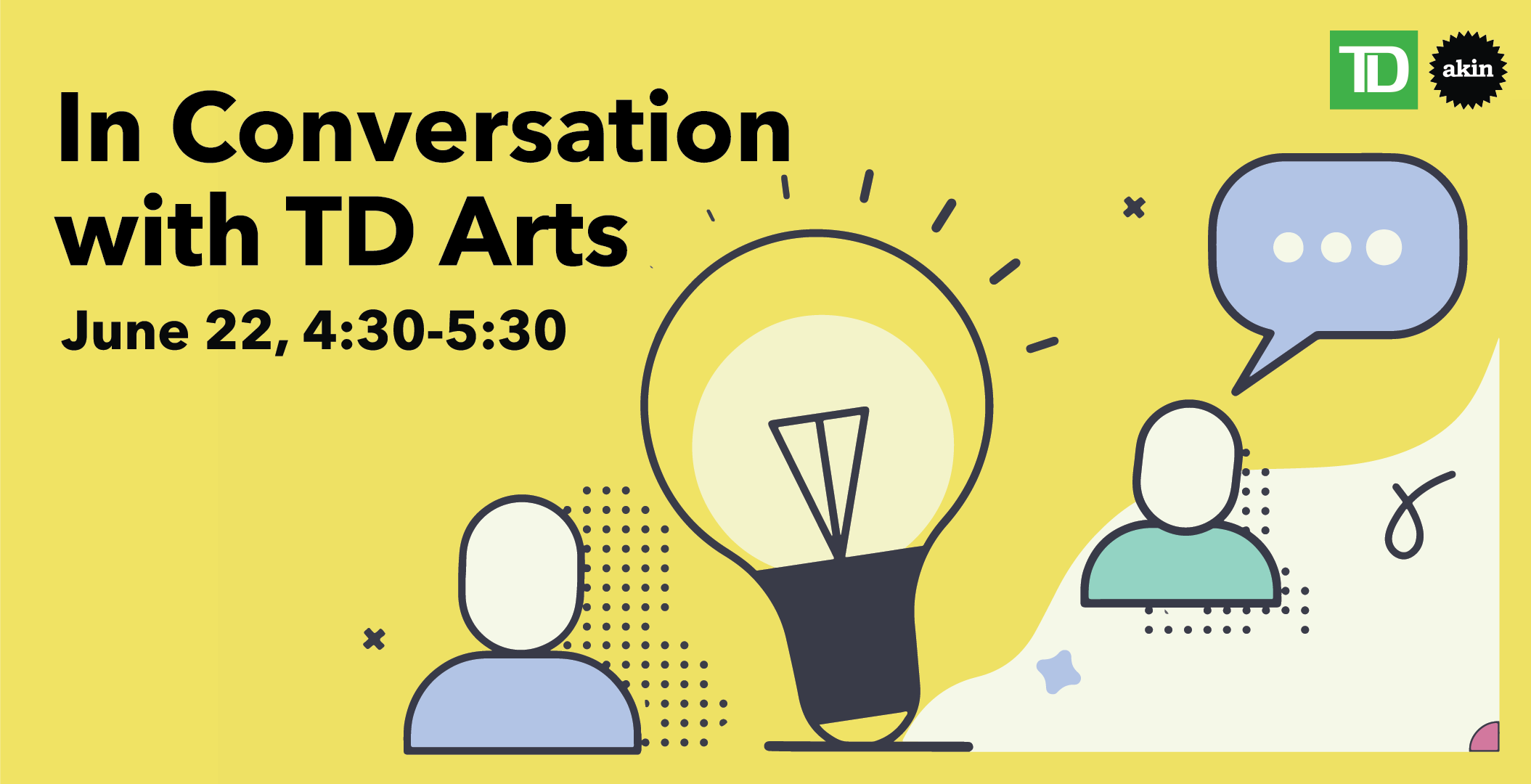In July of 2020, we made a promise to our community that we would continue our work towards combating systemic anti-Black racism at our organization and we’re taking time to provide you insight into Akin’s current progress, offerings, and what we have committed to in the last 22 months along with some of our plans moving forward.
We want to begin by thanking everyone who has offered their advice, insights, and support in pushing Akin towards creating intentional and proactive changes. In doing so, we have been actively guided by the leadership and consultation with mentorship of local Black artists, advisors and our own members to create foundational changes that endeavour to centre and uplift Black artists in our communities.
With your feedback, we revised our social media process to create transparency and equity when requesting labour from the Akin community. We began paying CARFAC artist fees to all artists doing Instagram takeovers—while specifically and indefinitely prioritizing Black artists for these and all other programming opportunities.
In August 2020, we began offering additional support to any individuals harmed by racism in our spaces. We have been mentored by local Black artists and organizations who have been hired towards the goal of creating studio spaces and supports specifically for Black artists in a way that centers around self determination, sovereignty, and self-governance. Akin is actively critiquing our power structures; how an organization can hold power over information, space, and resources. We are cognizant of the systems we exist under, but we are determined to learn and push towards leveraging our position in regards to redistributing access to Toronto’s Black creatives.
In August, we also began a complete reimagining and restructuring of Akin’s Board of Directors which, until this point, did not fully reflect the city and community it serves. We have welcomed 6 new Board Members across various sectors, interests, experiences, and disciplines, with the Board of Directors now comprising a majority of members who self-identify as belonging to one or more of the Toronto Arts Council’s Equity Priority Groups including Black artists and community organizers. Akin has also completely revised its board member search and hiring process which began with these board members and has been applied to three hires that Akin has made over the past year. Part of this revision includes the re-allocation of decision-making power to include Akin’s staff and board as well as Akin studio members in hiring and programming jury processes. This change arose from a collaborative process amongst all parties which determined who would be the best fit for these and future roles, prioritizing equity deserving groups as identified by Toronto Arts Council.
In the fall of 2020, in an effort to structurally change the organization and redistribute power and decision making, four committees were created to critique and develop our work in these areas: programming, marketing, conflict resolution, and community experience. The committees currently comprise of board members and staff who guide the process of creating more equitable committee structures with a goal of also including Akin studio members on the committees in the future.
We are also offering future plans for our community. In the next six months we plan to:
Undertake a 2022 Updated Demographics Report to gain insights on changes to Akin’s community since 2018, and create a connected, goal-oriented action plan for addressing the needs of Black artists.
Revise the Conflict Resolution process used by Akin, and work with community partners in a way that ensures Black artists are heard, safe and supported through the process.
Assist in the launch of studio supports and spaces specifically focused on supporting Black artists as a result of our ongoing collaborations with Black artists and advisors.
As a collective of individuals far greater than simply our board, staff teams and Akin’s community of artists alone, we are endeavoring to stand in solidarity with Black experiences, leadership and teachings in each step forward in 2022. We have shared this update to be accountable to you, our members and community, and to document and inform you about the work we have done and still have ahead of us with openness, kindness and hope.
While we are aware that these steps are small, we are determined to continue to implement lasting changes in the structures of our organization. We are grateful for your patience, care, and willingness to join us in this journey. We feel a huge amount of gratitude towards the many folks who have supported us through our learning over the last several years as we have grown to try and better support BIPOC creatives—beginning with our 2018 Demographics survey and ongoing community conversations that guide us as we look ahead. A special thank you to BAU Collective, Anique Jordan, Catherine Tammaro, Rania El Mugammar, and Tannis Nielsen for their ongoing labour and wisdom as part of these collective efforts.
In order to ensure we hear your concerns in a timely manner, we have created a form for your thoughts on the above steps. As always, we are excited by your feedback and appreciate hearing what you’re hoping to see next from our organization as we continue doing this work. We are grateful for your words, questions, and concerns as they allow us to remain critical of the ways we envision the future of Akin.
With gratitude,
Akin
